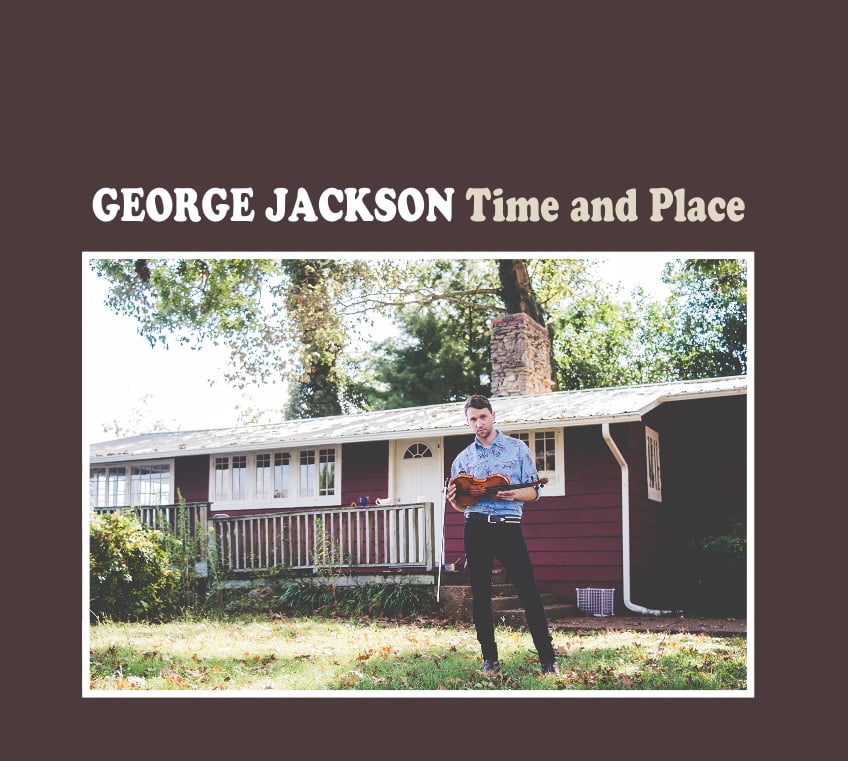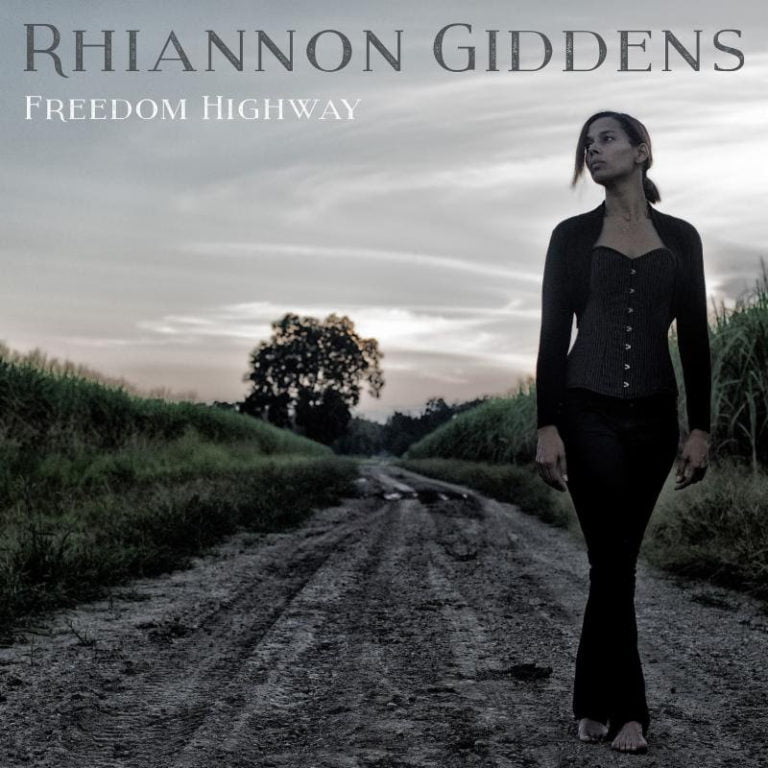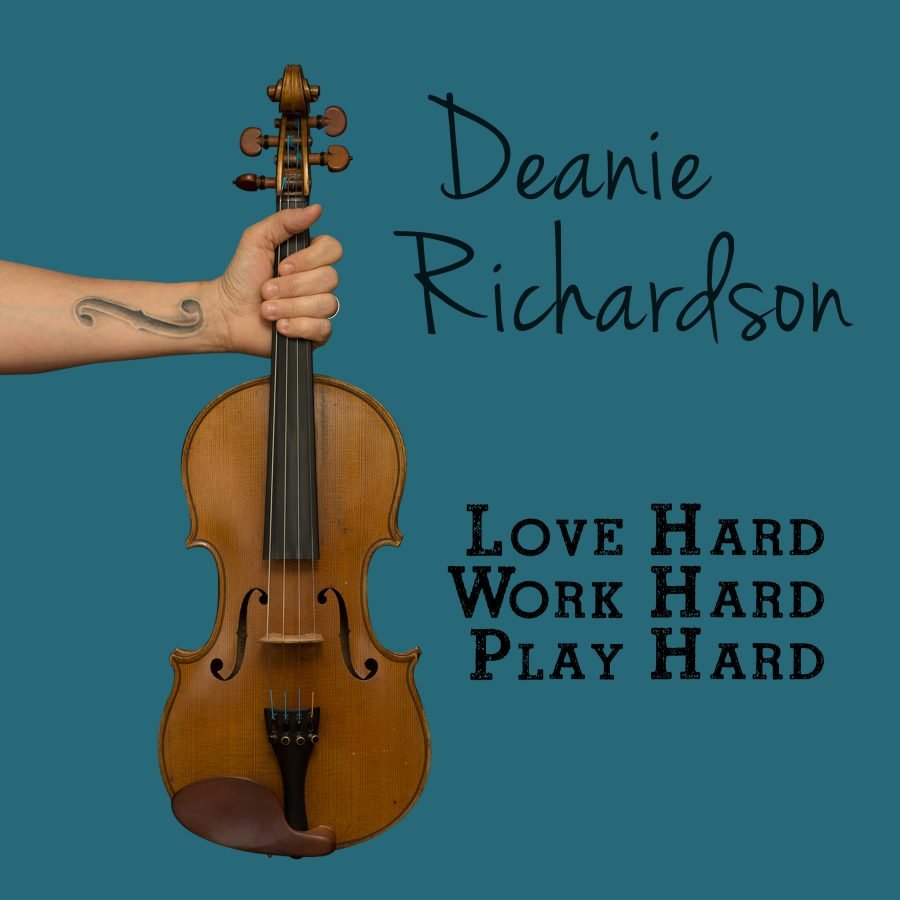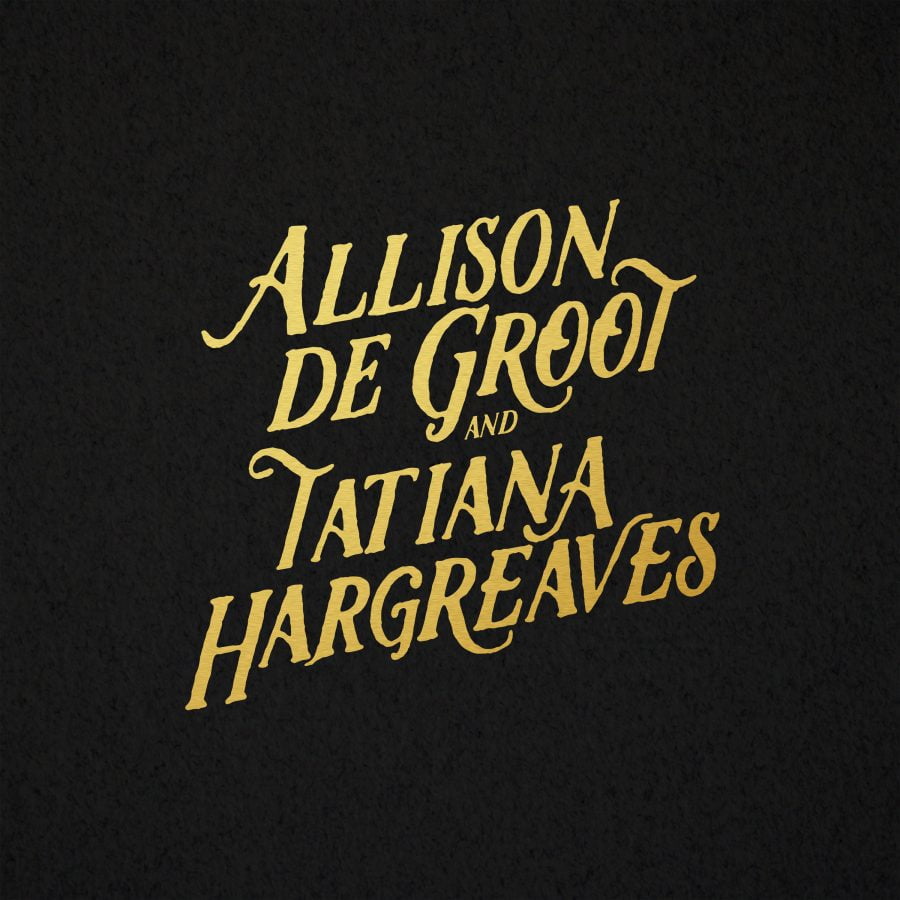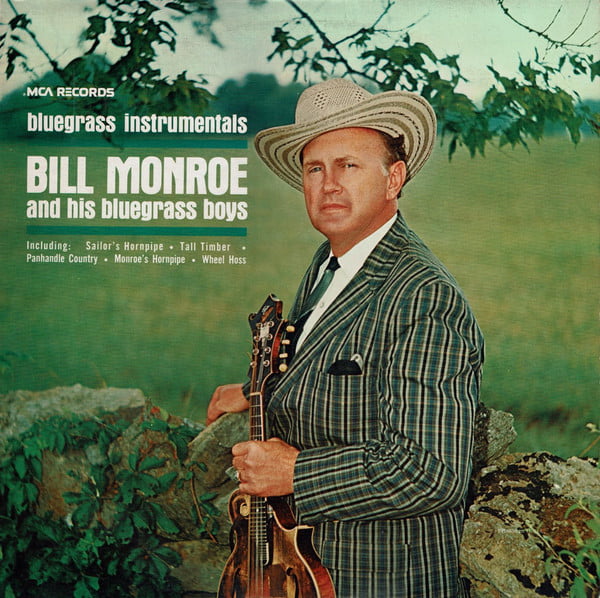Mandolin has long been the keystone on which bluegrass is built — and it’s not simply because Bill Monroe, the undisputed Father of Bluegrass, played the instrument. Its backbeat chop, set against the boom-thump of the upright bass, isn’t just the backbeat, it’s the backbone of the music — setting the pace, driving the songs forward, and/or gently setting them down in the pocket. Of course, with its multiple hundreds of years of history, the mandolin is easily one of the most innovative instruments in the bluegrass lineup, equally comfortable in traditional bluegrass situations as those jazzy, classical, western swing, and world music genres that also lay claim to the instrument.
In bluegrass, invention on mandolin takes many forms, but one of these has become a pillar unto itself in bluegrass mandolin pedagogy: crosspicking. Pioneered by Grand Ole Opry member and Bluegrass Hall of Famer Jesse McReynolds (among others), crosspicking is a counterintuitive right hand approach that gives the mandolin a lilting, bouncy, arpeggiated, melodic feel that’s all at once astounding and — when done right — seamless. On his brand new EP, Fancy Boy, IBMA Momentum Award winner Tristan Scroggins pays tribute to crosspicking on five quintessential tunes, one of which is “Chinquapin Hunting.” The hours upon hours Scroggins has devoted to the technique show, as he carefully and deliberately teases crosspicking melodies out of each of these tunes — no matter how difficult that task may be.
It’s refreshing to hear the eight-stringed stalwart of the genre played so thoughtfully and intentionally, without simply being a mashed out, toneless chopping speed demon. Not that crosspicking can’t be accomplished also at a foot-stomping clip — Scroggins shows this method’s expansive depth and breadth with aplomb.

